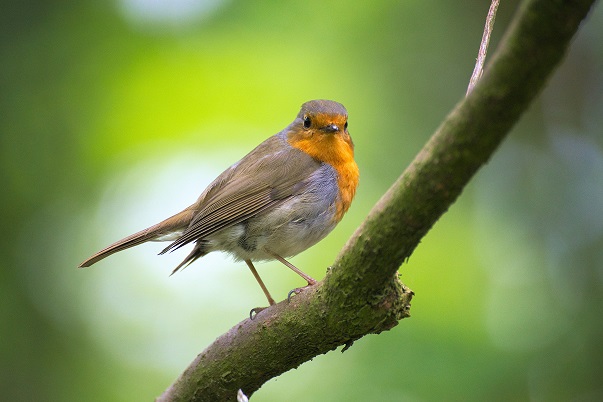The healthiest diet for your pet bird does not consist just of pellets and birdseed; to supply your bird with all of the nutrients it needs, you must feed a variety of seeds, pellets, fresh fruits, and vegetables. Whether you’ve had birds previously or are a first-time bird owner, you must understand your pet’s food requirements. Birds will eat a broad variety of food items to correct any discrepancy in their diets when food supplies are plentiful, including insects, worms, fruits, vegetables, and grains. If you want your feathered friend to live a long life, have a pleasant mood, and have beautiful, glossy feathers, follow these pet bird diet guidelines!
Fruits and Vegetables
Fruits and vegetables, particularly the more nutritious fruits and vegetables are excellent daily snacks. To find out which fresh foods your bird enjoys, try a range of meals. If your pet bird is finicky, provide fresh meals in a variety of forms, such as chopped, mashed, whole, grated, and so on. Don’t lose upon feeding a particularly healthy food; it may take some time for your bird to get interested enough to try it, but eventually, it will be the best option for your pet bird.
Many fruits and vegetables begin to sour or attract bugs after some time, so be sure the meals you are giving to your bird are fresh. Before giving your bird some food, be sure to thoroughly clean everything and use organic vegetables wherever feasible.
Some of the fruits and vegetables you should include in your pet’s diet are bananas, pineapple, apples, berries, celery, asparagus, peas, cooked beans, leafy greens, sprouts, broccoli, etc.
Worms
A healthy, juicy worm is also appreciated by a variety of birds. Earthworms provide essential protein and fat to birds all year, but especially during the breeding season. Calci worms have a lesser protein content than mealworms, but they have more fat and calcium. This makes calci worms for birds an ideal food throughout the breeding and egg-laying seasons, since it ensures healthy, thick eggshells. Making these foods available to your pet bird is a good method to feed them. Those tiny fellas love a nice worm, so keep an eye on them. A large number of worms will take vitamin D from a bird’s body, resulting in brittle bones. Limit your birds to a few dozen daily.
Bird Food Supplements
Birds who refuse to eat anything other than seeds are frequently prescribed nutritional supplements by avian doctors. To maintain your bird in peak form, you should consider a food supplement. In addition, just as you would take vitamins now and again, it’s frequently a good idea for a bird to take a vitamin and mineral supplement to ensure that it gets the necessary ingredients it requires to be healthy. Before you start giving these vitamins and supplements to your pet bird, talk to your avian veterinarian about nutritional supplements. Over-supplementing can injure your bird, but it doesn’t hurt to provide a supplement a couple of times a week. If you’re using a powdered supplement, change the water at least twice a day and only serve freshwater (without the supplement) at night to avoid germs growing in the dish.
Water
Ensure that clean, freshwater is accessible at all times, at a temperature and quality that fits the physiological demands of the birds and that the birds will drink. Change the water in your bird’s bowl at least once a day. Dehydration is a major issue that can develop in as little as two days if water is not accessible. Before you remove your bird’s water dish and replace it with a water bottle, make sure your bird understands how to use the bottle.
What About Birdseed?
Birdseed appears to be an easy choice for feeding your bird companion. Birdseed is too heavy in fat to constitute a healthy main dish for most birds, according to vets. Too much of this fatty combo can lead to health problems and improper conduct. This should be kept to a bare minimum.
Pellets
Pellets are designed to provide a balanced diet. Every mouthful is nutrient-dense, so your bird won’t be able to pick and choose simply their favorites. Pellets are available in a variety of forms, colors, and sizes, adding diversity to the meal plate.
What to Avoid?
Some foods are not recommended for consumption. These are some of them:
- Junk food that is high in fat
- Avocado
- Chocolate
- Caffeine or alcohol
- Onions
- Mushrooms
What animals can eat chocolate, though? Chocolate can be poisonous to many other animals too.
There is no such thing as a perfect diet, and birds are notoriously finicky eaters. Birds will typically choose their favorites and ignore the rest, making it difficult to provide the optimal nourishment. If you’re unsure, see your veterinarian about switching to the best solution for you and your bird.

